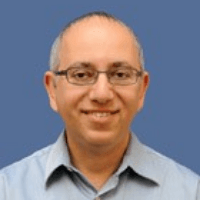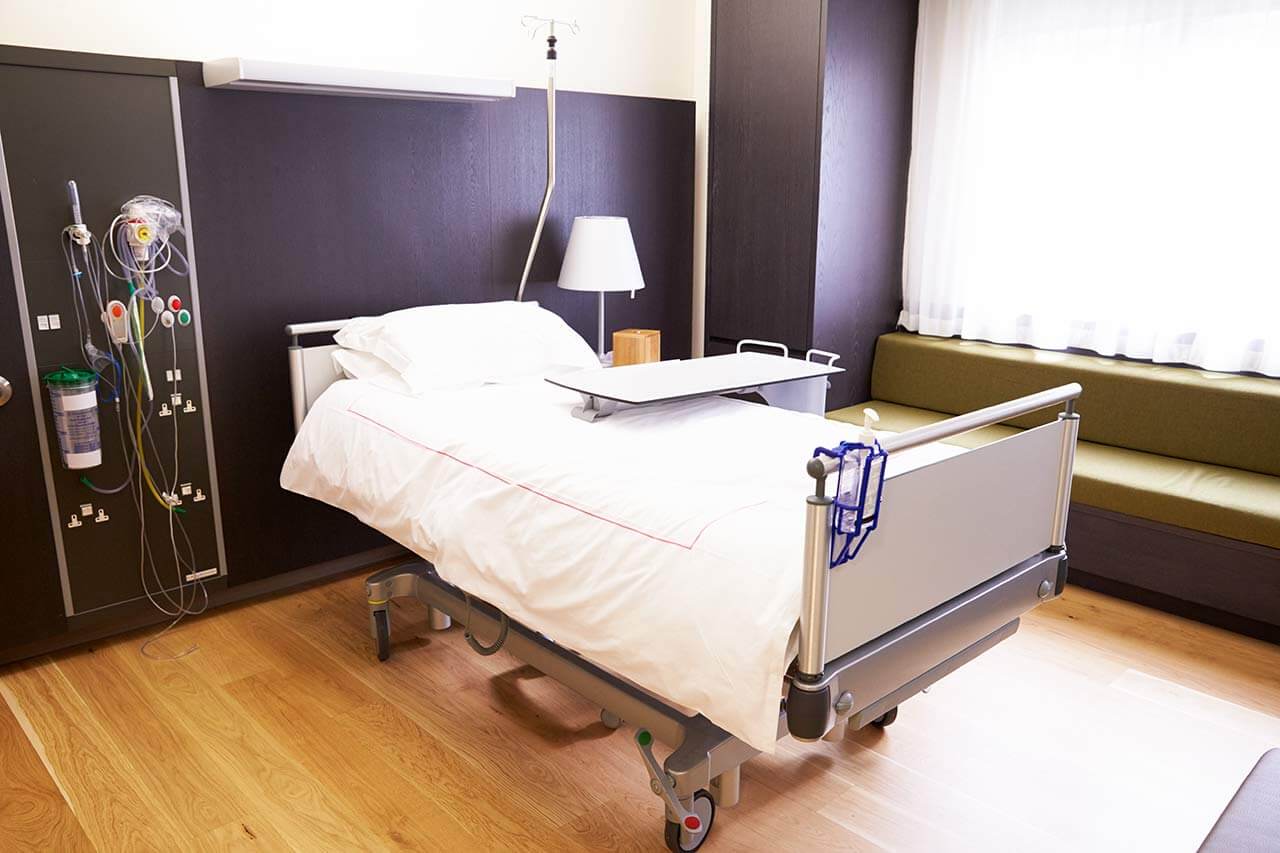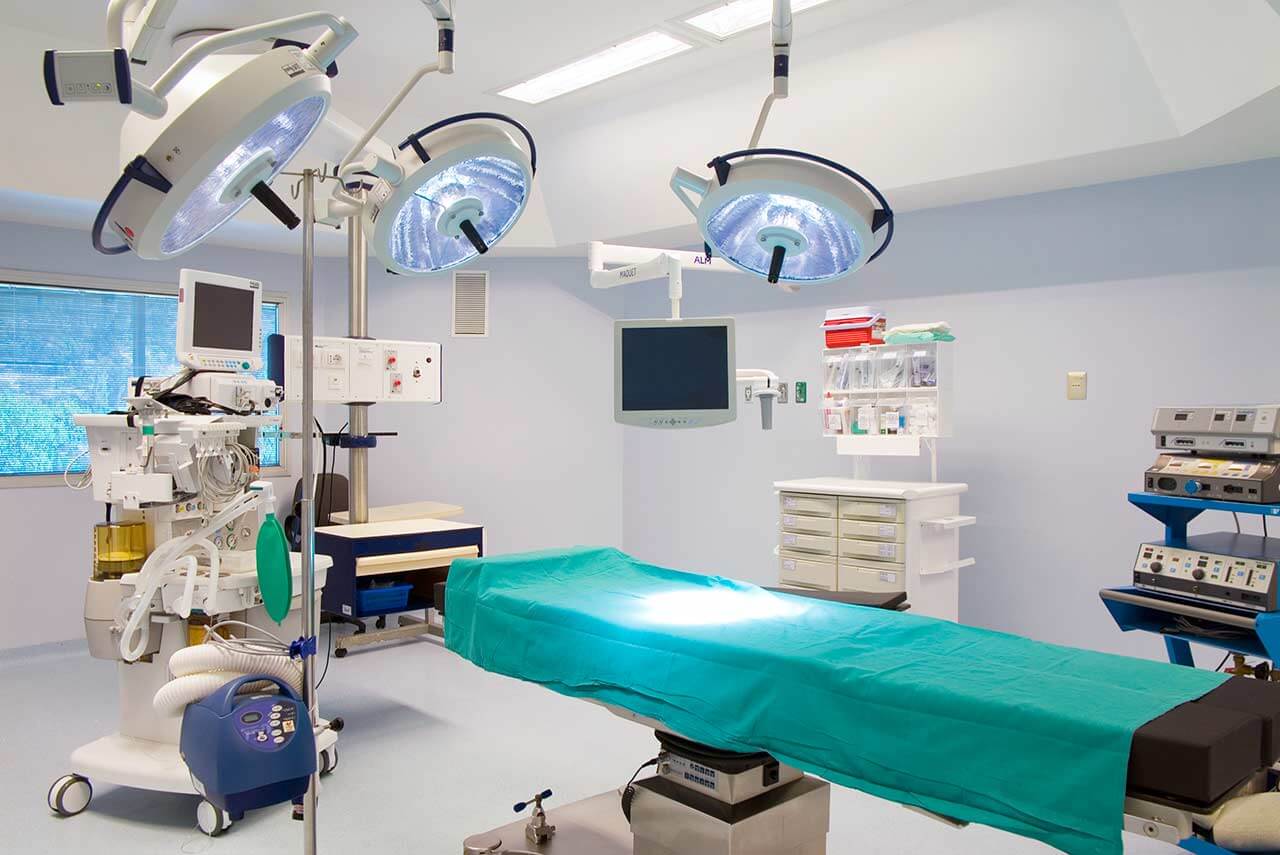
The program includes:
- Initial presentation in the clinic
- clinical history taking
- physical examination
- laboratory tests:
- complete blood count
- general urine analysis
- biochemical analysis of blood
- TSH-basal, fT3, fT4
- tumor markers
- indicators of blood coagulation
- CT scan / MRI of the abdomen
- abdominal ultrasound scan
- 1 course of chemotherapy
- nursing services
- services of leading experts
- explanation of individual treatment plan
How program is carried out
During the first visit, the doctor will conduct a clinical examination and go through the results of previous laboratory tests and instrumental examinations. After that, you will undergo an additional examination, including laboratory assessment of liver and kidney function, ultrasound scan. Based on the received results, the doctor will elaborate the chemotherapy regimen. If necessary, related medical specialists will be involved in the elaboration of a treatment regimen (tumor board).
Chemotherapy is carried out as the day hospital procedure, without mandatory admission to the hospital. After the placement of a venous catheter, you will stay in a comfortable ward. An infusion system will be connected to the catheter, through which the required drug or a drug combination will be administered. All drugs are administered by intravenous drip, slowly, so the total duration of the infusion can be up to several hours. All this time, doctors and nurses will monitor your health condition closely.
After the course of chemotherapy, you will stay under medical supervision in the ward for a few more hours. If your general condition is good, your doctor will allow you to leave the hospital. You will receive the medical report with detailed recommendations regarding further treatment. In the future, you will be able to have a distant consultation with your attending physician and schedule the next course of chemotherapy, if necessary.
Required documents
- Medical records
- MRI/CT scan (not older than 3 months)
- Biopsy results (if available)
Service
You may also book:
 BookingHealth Price from:
BookingHealth Price from:
About the department
The Department of Oncology at the Tel Aviv Sourasky Medical Center offers the full range of classic and innovative treatment methods of all types of cancer and associated pathological conditions. Each patient is offered an individually designed treatment regimen corresponding to the stage of cancer and specific clinical indications. If necessary, psycho-oncological care is provided. The department regularly demonstrates successful treatment results and has an impeccable reputation in Israel and in the international medical arena. The Chief Physician of the department is Prof. Dr. med. Ido Wolf.
Cancer treatment begins with the comprehensive diagnostics and multidisciplinary consultation with the participation of all the necessary specialists. This stage of the therapeutic process aims to develop an individualized treatment plan for each patient. The department offers modern immunotherapy, which is an effective prospect in cancer treatment. Many patients participate in clinical trials, which are carried out for the development of advanced treatment methods. In particular, the Keytruda and Opdivo drugs were created on the basis of the department.
Thanks to excellent funding, the department is the only Israeli Cancer Center, which assesses the feasibility of immunotherapy to a specific patient. In addition, the department maintains special partnerships with Roche Pharmaceuticals, which carries out the FoundationOne test (a genetic sensitivity testing of patients to specific treatment methods and drugs). This examination provides the most extensive, reliable and accurate data on the genetic structure of cancer cells.
The department specializes in the diagnostics and treatment of the following cancers:
- Breast cancer
- Gastrointestinal cancer
- Bone and soft tissue sarcomas
- Lung cancer
- Melanoma and other skin tumors
- Urogenital cancers
- Cancer of the female reproductive system
- Thyroid cancer
- Tumors of the brain and nervous system
- Other types of cancer
To treat the above-mentioned types of cancer, the department has highly specialized sections, for example, the Section of Breast Cancer, the Section of Female Reproductive Cancers, the Section of Lung Cancer and Sarcoma, etc.
Curriculum vitae
Education
- 1984 - 1990 Faculty of Health Science, Ben Gurion University of the Negev, Israel.
Specialized Training
- 2002 - 2008 Medical Oncology, Institute Of Oncology, Sheba Medical Center, Israel.
- 1997 - 2001 Residency, Department of Internal Medicine E, Sheba Medical Center, Israel.
Continuing Education
- 2003 - 2006 Postdoctoral fellowship, Department of Hematology and Oncology, Cedars-Sinai Medical Center, UCLA School of Medicine, CA, USA.
- 1999 - 2000 One-year fellowship at the Weizmann Institute of Science, Israel.
Clinical Experience
- 2012 Head of the Department of Oncology, Tel Aviv Sourasky Medical Center.
- 2008 - 2012 Head of the Department of Oncology, Sheba Medical Center, Israel.
- 2002 - 2008 Fellowship, Medical Oncology, Institute of Oncology, Sheba.
- 1997 - 2001 Residency, Department of Internal Medicine E, Sheba Medical Center, Israel.
- Since 1997 Commander of the Army Medical Units (current rank: Lieutenant Colonel).
- 1992 - 1997 Army Service as a Field Doctor.
Academic Experience
- Since 2011 Senior Lecturer, Oncology, Sackler Faculty of Medicine, Tel Aviv University, Israel.
- Since 2006 Instructor of MA and PhD students.
- 2000 - 2010 Instructor, Internal Medicine, Sackler Faculty of Medicine, Tel Aviv University, Israel.
- 1999 - 2000 Instruction and supervision of medical students and interns in Internal Medicine.
Memberships in Professional Societies
- Member of the Israeli Society for Clinical Oncology and Radiotherapy (ISCORT).
- Israeli Endocrine Society (IES).
- Israeli Neuroendocrine Tumor Society (INETS).
- American Society of Clinical Oncology (ASCO).
- American Association of Cancer Research (AACR).
Photo of the doctor: (c) Tel Aviv Sourasky Medical Center
About hospital
The Tel Aviv Sourasky Medical Center is the second largest and one of the most advanced healthcare and research facilities in Israel. It began its work in 1961, but it is still popular among the local population and attracts thousands of international patients.
The multidisciplinary medical center covers an area of 150,000 m². It has 60 departments and institutes with 1300 beds. The hospital annually provides its highly professional services to more than 1,5 million patients. In addition, the hospital enjoys prestige among doctors, many of whom want to have an internship and work here.
The medical center employs more than 6,400 people, among them more than 1,100 doctors, 1,760 nurses, 850 medical laboratory assistants, technical and other employees. The medical staff successfully combines clinical and research activities. The hospital annually conducts clinical trials aimed at the the development of new diagnostic and treatment methods.
Structurally, the medical facility is divided into four main hospitals. These include the General Hospital, the Rehabilitation Hospital, the Lis Maternity and Women's Hospital and the Dana-Dwek Children's Hospital.
The medical center is focused on individualized treatment. With adherence to the international standards of service, the specialists take into account the needs of each patient, his age and a specific clinical case. The medical center strives to provide treatment in a friendly and respectful atmosphere, with an empathic attitude to each patient.
Photo: (c) depositphotos
Accommodation in hospital
Patients rooms
The patients of the Tel Aviv Sourasky Medical Center live in comfortable rooms equipped with all necessary amenities. The standard room includes an automatically adjustable bed, a bedside table, a wardrobe for storing clothes. Also, each room has an ensuite bathroom with shower and toilet.
Meals and Menus
The medical center offers three meals a day: breakfast, lunch and dinner. For lunch, the patients have a choice of daily menus. If for some reason you do not eat all foods, you will be offered an individual menu. Please inform the medical staff about your food preferences prior to treatment.





